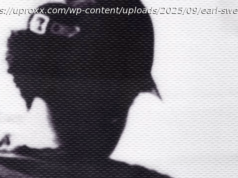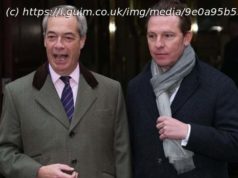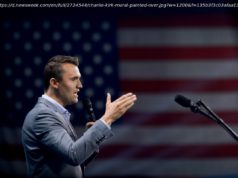Despite extraordinary access, the film from Wim Wenders doesn’t delve deep enough into how the unconventional pontiff formed his beliefs.
Thanks to (relatively) progressive statements and an unassuming air of humility and restraint in an age dedicated to getting all you can as fast as you can for as long as you can, Pope Francis has emerged as a kind of religious rock star.
For Catholics (full disclosure: I’m one), the pope, no matter which one, is the head of the Church and thus always important. For non-Catholics, he — and yes, the pope is always a he — is a figure of fascination. Maybe it’s the combination of the rituals (white smoke means a pope has been elected, that kind of thing) and mystery.
Pope Francis is something else again. He’s not quite a major pop-culture figure like Billy Graham or Fulton Sheen, but his brand of faith has made people, Catholic and not, sit up and take notice.
Thus “Pope Francis: A Man of His Word,” Wim Wenders’ documentary about the pope, ought to be of special interest — certainly if Wenders could offer any sort of insight into how Pope arrives at his beliefs.
He almost does.
It was a surprise when Jorge Mario Bergoglio was chosen as Pope in 2013 — the first Pope from the Americas, the first Jesuit, the first to take the name Francis. This gave pause to hidebound, conservative Catholics who were fine with the exclusionary stances the church was taking.
RELATED: Pope Francis gets an unprecedented close-up, courtesy of filmmaker Wim Wenders
Soon Pope Francis was eschewing the luxury apartments that came with his office. No Prada shoes for him. He sometimes took the bus with other bishops. (The pope, in Catholic teaching, also serves as the bishop of Rome.)
The centerpiece of the film is a series of interviews with Pope Francis, facing the camera, as in an Errol Morris project, talking about his beliefs.
If you’re used to a steady stream of political fighting on social media, what Pope Francis says will come as a kind of relief. Not that he lets anyone off the hook. We are destroying our world, he says time and again, both in the interviews and in masses and appearances before massive crowds around the world — and this is a sin.
He also rails against our treatment of the poor, beseeching those with means to do more. Never once does he make boasts like, “Winning!” Because, clearly, he thinks that we are not. It is a bracing message.
But how does he come to it? We don’t know. Pope Francis has a lot of thoughts on a lot of subjects, but there are no follow-ups, no further questions. We see a member of the media ask him about the “gay lobby.” “Who am I to judge?” he responds, an answer that set off alarm bells among Catholics at the time.
Wouldn’t you like to know more about that answer? And what that really means?
You won’t get it here.
What you will get are black-and-white scenes depicting St. Francis of Assisi, from whom Pope Francis took his name. They’re well-meaning and unnecessary, an odd interruption that could have been put to better use with more imaginative questioning.
That said, there is much to admire here. We see Pope Francis all over the place — among the poor in Brazil, addressing the U. N., addressing a joint session of the U. S. Congress, washing the feet of inmates at a Philadelphia prison, visiting the Philippines after a devastating typhoon and telling its victims that he, frankly, does not have answers for them.
So much of our public discourse now is about making ourselves sound bigger and better than we are, while belittling others who dare think differently than we do. Here is one of the most powerful people in the world going in the opposite direction.
There is inspiration here, if you’re willing to look for it. A lot of people, many of them Catholic, won’t be, because of our poisonous divisions. The movie isn’t exactly an antidote, but Pope Francis himself at least offers a comforting balm.






